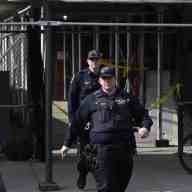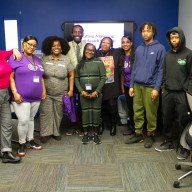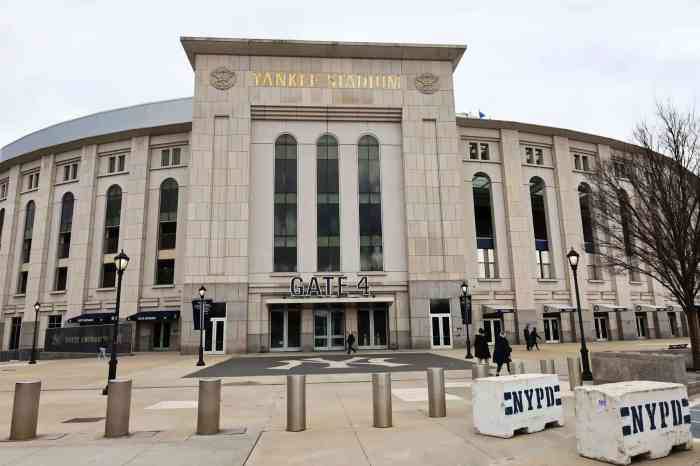Many of the most profound issues affecting our society are decided by the courts, making the question of “who judges whom should be a judge?” vital to every American.
While the public votes for judicial candidates, there is little campaigning that can actually be done; in New York, strict restrictions apply to candidates for the bench. That means the selection of judicial candidates, deciding who gets to run, and the way those candidates are rated by other lawyers and judges, is of crucial importance.
In New York, a long-standing concern that political party bosses were, effectively, picking the candidates for judgeships led to demands for reforms. In February of 2007, Chief Judge Judith S. Kaye and then – Chief Administrative Judge Jonathon Lippman announced the establishment of an “Independent Judicial Election Qualification Commission” (IJEQC) in each of New York State’s twelve Judicial Districts. Each IJEQC is charged with examining the qualifications of judicial candidates in their jurisdiction, and determining whether those candidates are qualified.
Evaluations are supposed to be based on professional ability, character, independence, integrity, fairness, lack of bias, courtesy and patience.
Each of the local Commissions is comprised of fifteen members. The Chief Judge selects the Chair and five members of each local group, (two of whom are non-lawyers) the Presiding Justice of the local Appellate Division selects five members, (two of whom are non-lawyers) The President of the State Bar Association selects one member, and the four local bar associations each select one member. All the members are supposed to act independently and impartially.
But has this truly brought reform? The evidence does not appear to be encouraging. Reviewing the makeup and actions of one of the local NYC IJEQC’s, the Twelfth Judicial District, one finds that the membership is predominated by just one political party, the Democratic Party.
Take the case of Judge John H. Wilson, a candidate for a Supreme Court judgeship who is currently a Civil Court judge, serving in the Criminal Court of Kings County.
Judge Wilson appeared before the 12th IJEQC earlier this year. The very first question the candidate was asked concerned his political party affiliation. The candidate, in this case, is not a registered Democrat. Shortly thereafter, Judge Wilson was informed (via letter) that the IJEQC rated him as “not qualified.” This came as a surprise, since he had, during his tenure as a civil court judge, been tasked with the duties of an acting Supreme Court Justice. Further, in previous years, (when he ran for judicial office) Judge Wilson had been found qualified (to run) for the same office. In fact, at the same time that the IJEQC was vetting his qualifications, Judge Wilson was found qualified to serve in the Supreme Court by both the New York City and Bronx County Bar Associations.
Almost immediately, Judge Wilson spoke to his supervising judge to discuss what rating he had given to the IJEQC. Astoundingly, the supervising judge stated that he had never been contacted by the IJEQC. (If he had been, the supervising judge noted that he would have informed the IJEQC that he had no complaints at all about Wilson’s judicial work.)
Judge Wilson then requested a reconsideration of the IJEQC’s decision, as well as an explanation of the criteria used in making their decision.
He was informed that the IJEQC’s vote was “secret,” and no reason for their decision need be given. To date, no explanation has been given, and even after reconsideration, the IJEQC continues to rate Judge Wilson “unqualified.”
While the concept of an independent panel to rate judicial candidates has merit, the use of a group that consists almost entirely of one political party, that operates outside of public scrutiny and bears no responsibility to explain its decisions is an inadequate, and even dangerous, concept. Please email us at nycommunityaction@gmail.com, and Visit our website at: newyorkcommunityaction.ORG/



















